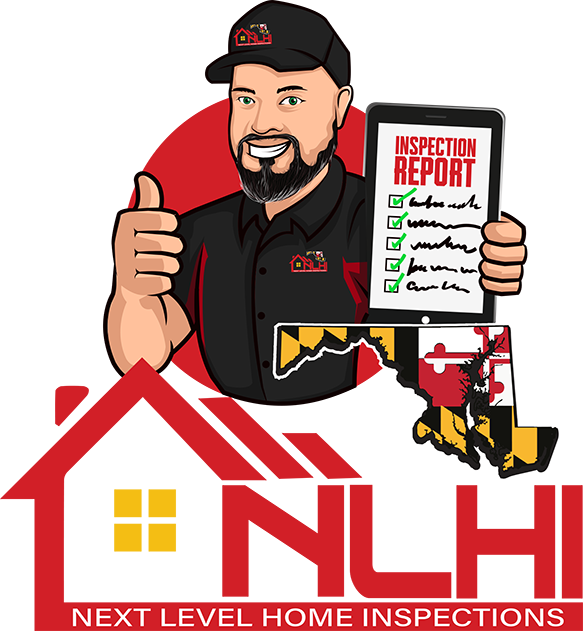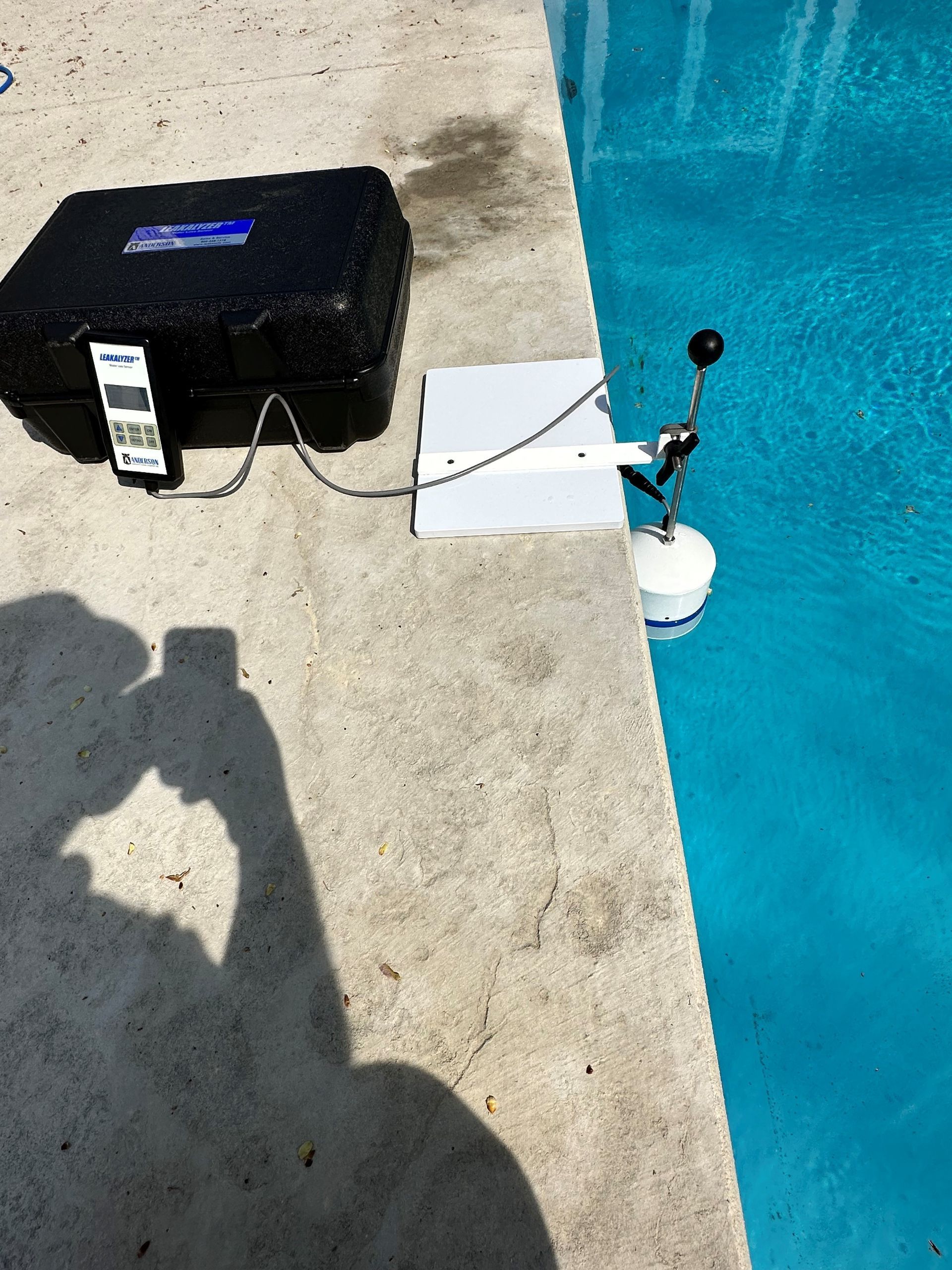Pool Inspection
Pool Inspection Services in Maryland
A pool inspection is a thorough study of a swimming pool, its accessories, and the area around it to determine its condition and spot any potential safety problems or maintenance difficulties. A certified and licensed pool inspector with specialized training and certification in pool safety and upkeep normally conducts pool inspections.
A pool inspection may be required for a number of reasons. A pool inspection could be needed as part of the real estate transaction process, for instance, if you are buying or selling a house with a pool. Additionally, a pool inspection will assist you in identifying any potential problems that need to be taken care of if you own a pool and want to make sure it is secure and maintained correctly.
Pool Parts
The following pool parts will normally be examined by the inspector while the pool is being inspected:
Pool Structure: To check for any indications of cracks, leaks, or other problems that could jeopardize the structural integrity of the pool, the inspector will evaluate the walls, floor, and coping of the pool.
Pool Equipment: The inspector will examine the pool's equipment, such as the filter, pump, heater, and other parts, to make sure it is in good working order and that there are no visible signs of wear and tear.
Electrical Systems: The inspector will check the electrical systems of the pool, including the wiring and grounding, to make sure they are legal and functional.
Safety Features: To make sure they are in accordance with local safety requirements and are functioning correctly, the inspector will examine the pool's safety features, such as the fencing, gates, and pool coverings.
Chemical Balance: The pool water will be tested by the inspector to make sure it has the proper pH and chlorine levels, among other chemical components, to make sure it is safe to swim in.
The inspector will look over the pool's surroundings, including the deck, patio, and landscaping, to check for any potential safety risks like loose tiles or uneven surfaces that could lead to injuries.
Normally, after the inspection is over, the inspector will give a thorough report explaining any faults that were found and offering suggestions for resolving them. The inspector might also give a timetable for when repairs need to be done, depending on how serious the problems are.
Typical Pool Problems
During a pool inspection, the following typical problems could be found:
Leaks: If the inspector notices any indications of leaks, such as cracks or moist areas, these will need to be fixed in order to stop further harm to the pool's construction.
Electrical Problems: If the pool's electrical systems are out-of-date or malfunctioning, this could be a safety issue and needs to be fixed.
Equipment that is Broken or Not Working correctly: In order to make sure that the pool is operating safely and effectively, it may be necessary to repair or replace any equipment that is broken or not working correctly, such as the filter, pump, heater, or other items.
Safety Risks: If the pool's safety elements, such as the fence or pool coverings, do not meet local laws or are not in good working order, this could present a safety risk and needs to be remedied.
Chemical Imbalances: Swimmers may experience skin and eye irritation as well as other health problems if the water in the pool has an unfavorable chemical balance.
A pool inspection can provide important details regarding the general health of the pool and its equipment in addition to pinpointing any potential safety dangers or maintenance problems. This can assist both homeowners and potential purchasers in making well-informed decisions regarding any repairs or improvements that may be required, such as whether or not to buy a house with a pool.
In general, a pool inspection is a crucial step in guaranteeing the security and correct upkeep of a swimming pool. Homeowners may handle any possible problems by spotting them early on, before they grow worse and cost more to fix.

